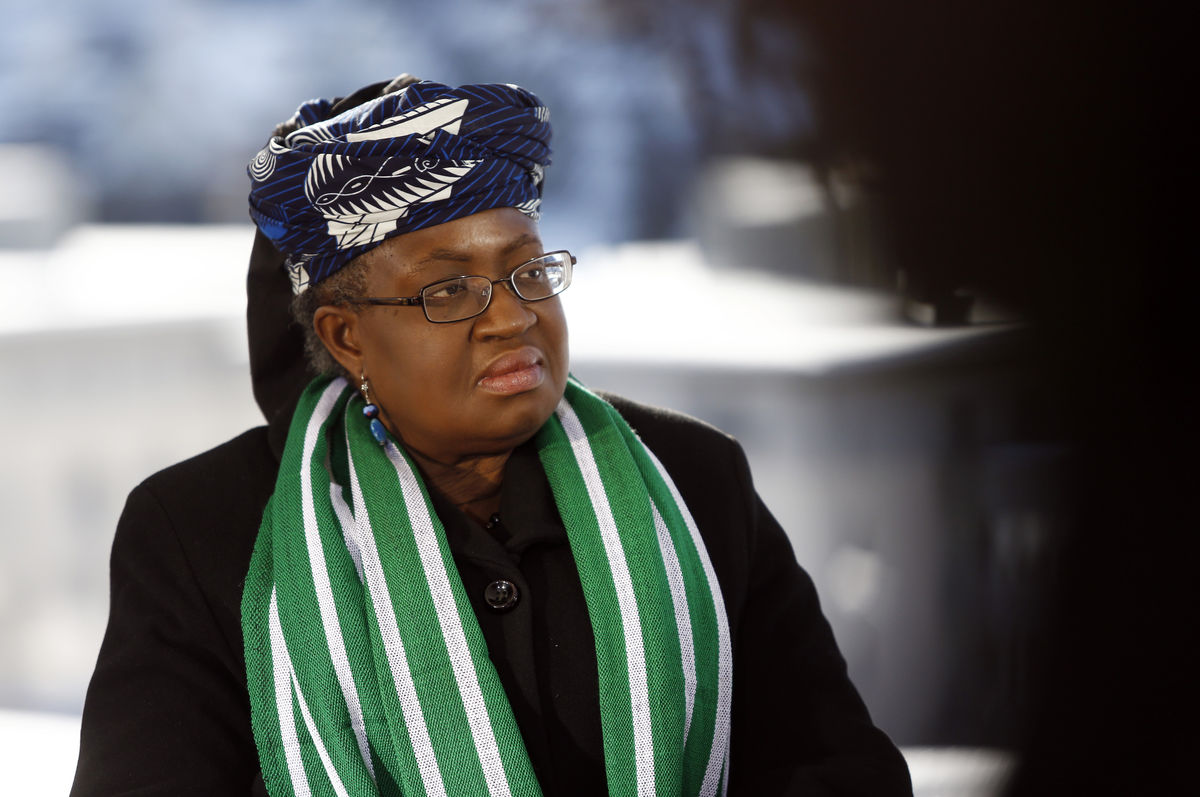There are no products in your shopping cart.
| 0 Items | £0.00 |


FORMER finance minister Dr Ngozi Okonjo-Iweala has assured least developed countries (LDCs) and small vulnerable economies (SVEs) that their unique circumstances will be borne in mind of she becomes the next World Trade Organisation (WTO) director-general.
Dr Okonjo-Iweala, 65, is one of seven high profile candidates seeking to be named as the next WTO boss in September. Rather than an election, the WTO selection procedure relies on finding consensus, with candidates presenting their manifestos and plans to the general assembly and then gradually being eliminated in turn.
In her presentation, Dr Okojo-Iweala said she will provide opportunities for LDCs and SVEs to participate in regional and global supply chains in order to enhance their presence in the trading system. She also promised to work with member-countries to develop a global trade body that is responsive to the challenge of facilitating the greater participation of women in international trade, particularly in developing countries, saying greater efforts should be made to include women-owned enterprises in the formal sector.
Dr Okonjo-Iweala said: “We must have a WTO that works for the benefit of all members regardless of size or level of economic development. LDCs and SVEs should have opportunities to participate in regional and global supply chains to enhance their presence in the trading system.
“We must be sensitive to the particular policy challenges that those countries face. A revamped trading system should offer opportunities for medium and small enterprises to increase and diversify their market access, enabling them to generate employment and contribute to economic growth and sustainable development.”
According to her, considering the challenges facing the global economy, including Covid-19, there is need for coherence in the policy responses of international organisations, including the Food and Agriculture Organisation, the World Bank, International Monetary Fund, International Finance Corporation, regional development banks, the World Health Organisation and the United Nations. She added that the stalemate in multilateral trade negotiations had led many member countries of the WTO in recent years to embark on plurilateral negotiations to advance particular issues.
Dr Okonjo-Iweala explained that she has the right combination of skills and experience need lead WTO into the future. She added that since 1995, the negotiating function of the WTO has not produced many results and although there have been some successful agreements, key areas like agriculture remain stuck.